Search
Search Results
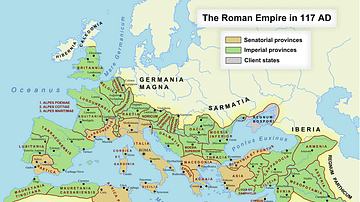
Image
Roman Empire in 117 CE
Map of the Roman Empire at its maximum extent in 117 CE, under the rule of Trajan.
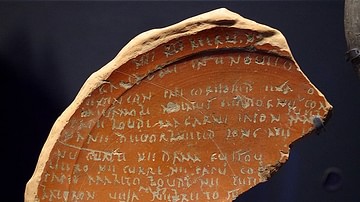
Article
A Linguistical Analysis of Ancient Celtic Languages
The Celtic languages form a branch of the Indo-European (IE) language family. They derive from Proto-Celtic and are divided into Continental Celtic languages (Lepontic, Gaulish, Galatian, Noric, Celtiberian, Gallaecian) and Insular Celtic...
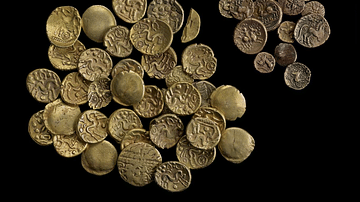
Article
Trade in Ancient Celtic Europe
Trade in raw materials and manufactured goods in ancient Celtic Europe was vibrant and far-reaching, particularly regarding the centre of the continent where there was a hub of well-established trade routes. As the Celts' territory expanded...

Definition
Ancient Celts
The ancient Celts were various tribal groups living in parts of western and central Europe in the Late Bronze Age and through the Iron Age (c. 700 BCE to c. 400 CE). Given the name Celts by ancient writers, these tribes and their culture...

Definition
Vercingetorix
Vercingetorix (82-46 BCE) was a Gallic chieftain who rallied the tribes of Gaul (modern-day France) to repel the Roman invasion of Julius Caesar in 52 BCE. His name means "Victor of a Hundred Battles" and was not his birth name but a title...
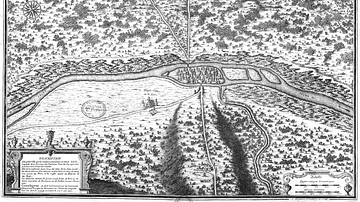
Definition
Lutetia
Lutetia Parisiorum was the capital of the Parisii, a tribe in ancient Gaul. The Parisii were a tribe on the Middle Seine, and Lutetia ("place near a swamp") was one of their main settlements. It was on the south bank of the river. In 53 BCE...
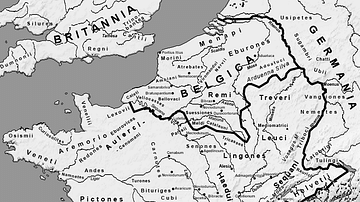
Definition
Massilia
Along the north-western coast of the Mediterranean Sea between Spain and Italy lies the ancient city of Massilia (modern Marseilles). Originally founded in 600 BCE by Ionian Greeks from Phocaea, the city would one day challenge the might...
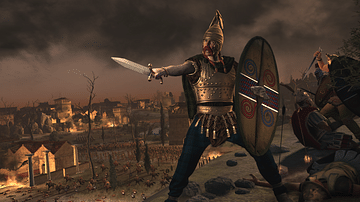
Definition
Brennus
Brennus (c. 390 BCE) was the Gallic war chief of the Senones who sacked and occupied Rome in 390 BCE. Nothing is known of him outside of the accounts given of this event which immortalized him as coining the phrase, “Woe to the Vanquished”...
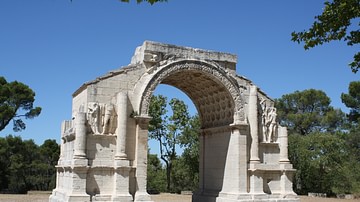
Definition
Glanum
Glanum, located near St-Rémy-de-Provence in southern France, was a Greek and then Roman town which prospered due to its location on trading routes between Italy and the Rhodanus (Rhone River). The town benefitted from a large building project...
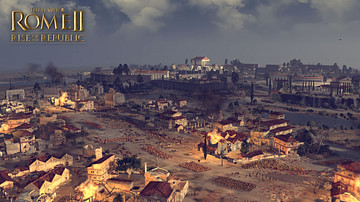
Article
The Sack of Rome by the Gauls, 390 BCE
After the Gauls defeated the Romans at the confluence of the Tiber and the Allia rivers, the Gauls marched on to Rome. In late July 390 BCE, the undefended city fell to the invaders to be burnt and sacked. Only on the Capitol Hill, did a...